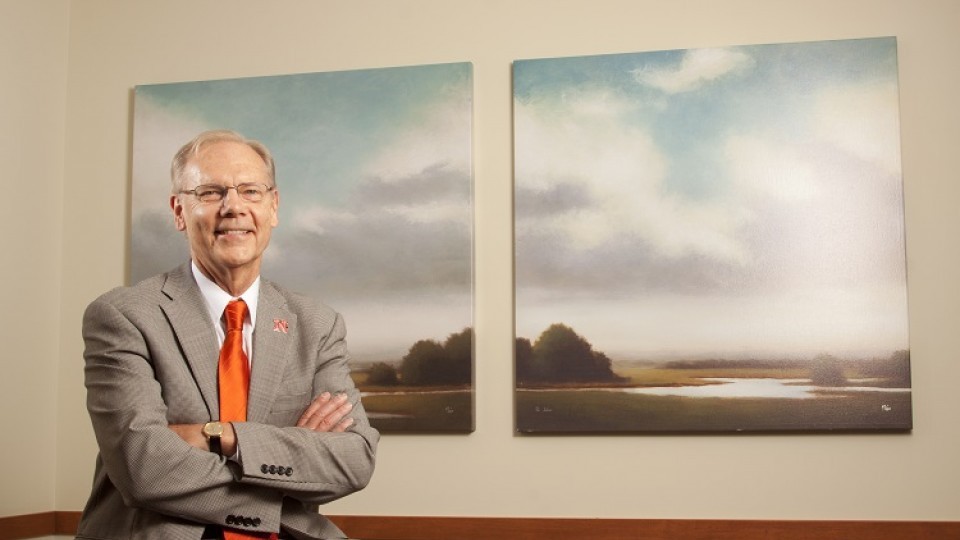
Former School of Natural Resources director and climatologist Dr. Don Wilhite and Earth and Atmospheric Sciences professor Clint Rowe will talk climate change and global issues during the Sorensen Lecture at 7 p.m. Oct. 6 at the Unitarian Church of Lincoln, 6300 A St., Lincoln.
The event is free and open to the public, and light refreshments will be provided. A question and answer session will follow the presentation, "The Challenge of Achieving a Sustainable Future in a Changing Climate: The Intersectionality of Climate Change."
The two will address the science of climate change, its implications at the global and local scale and its intersectionality with other global issues. Wilhite will center his key messages here: We all must be advocates for action now by being engaged in the political and policymaking process with our elected officials and other decision makers; the legacy to our children and grandchildren is at stake.
Wilhite founded the National Drought Mitigation Center at the SNR, prior to serving as director of SNR. He and Rowe co-wrote Nebraska's climate change study, released in 2014. Wilhite is now an emeritus professor, and Rowe continues to teach and conduct climate change research.
Organizers of the event wrote, "There is scientific consensus that climate change represents an existential threat to life on Earth. Although scientists have been warning us about this threat for decades, little substantive action has occurred to date. Recent reports published by the United Nations have provided a stark reminder of the need for immediate action to reduce CO2 emission by 2030 or the world will face disastrous consequences.
"Climate change is already having substantial impacts around the world through an increased frequency and severity of extreme weather events such as floods, droughts, heat waves and hurricanes. The economic, environmental and social costs of recovering from these events are enormous. Climate change is also exacerbating our ability to address other global issues such as national security, immigration, biodiversity and ecosystem health, food security, public health, social and environmental injustice and water scarcity."
They encouraged people to attend and learn what they can do to make a difference.
Courtesy to the School of Natural Resources
More details at: https://events.unl.edu/